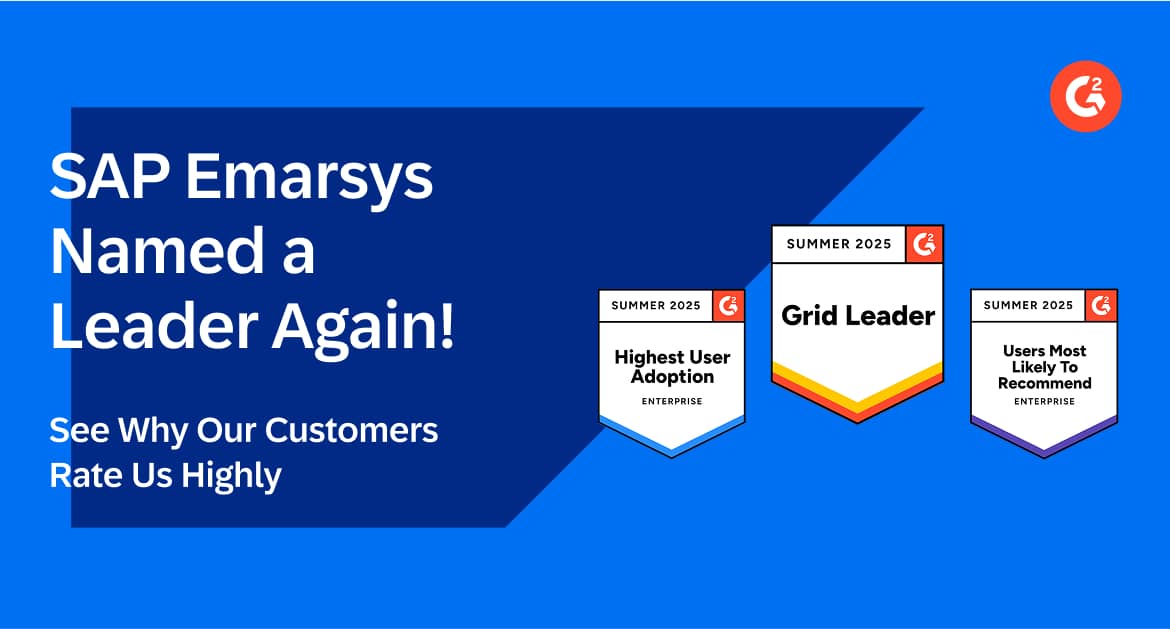In a world buzzing with digital interactions and countless advertising messages vying for attention, businesses face an ever-growing challenge: standing out from the competition and effectively engaging their target audiences.
But as consumers become more discerning and their preferences evolve, marketers must embrace new strategies to engage and retain their valuable customers.
Enter omnichannel marketing.
By harnessing the power of data, technology, and consumer insights, omnichannel marketing enables brands to create seamless, 1:1 personalized engagements that forge deeper connections, foster customer loyalty, and ultimately drive business growth.
Whether you’re a seasoned marketer seeking to fine-tune your omnichannel strategy, or an aspiring entrepreneur eager to leverage the latest trends, these statistics will empower you with valuable insights, practical takeaways, and a solid edge over the competition.
From revealing the impact of personalized experiences to exploring the ROI of integrated campaigns, let’s dive deep into the numbers that shape the future of customer-centric marketing.
23+ Omnichannel Marketing Statistics You Need to Know
General
63% of respondents in this study of customer-obsessed firms said expanding the marketing/digital channels their company includes in its mix is a must, compared to just 37% of study respondents from firms that are not customer-obsessed. [Emarsys]
74% of customers used more than one channel to complete a purchase.
93% of consumers receive irrelevant communications from brands. [Insider Intelligence]
54% of marketers who implemented personalization saw increased brand engagement. [Emarsys]
48% of marketers who implemented personalization saw increased conversions. [eMarketer]
Automated lifecycle campaigns convert 335% better than standard promotional campaigns. [eMarketer]
Customer Experience
An increase in one point of CX can increase an enterprise company’s revenue by $1bn. [Forrester]
52% of customer-obsessed companies using an omnichannel strategy see improved customer interactions and engagement. [Emarsys]
The same companies see 62% higher margins and 54% higher loyalty and retention. [Emarsys]
54% of surveyed consumers say the customer experience at the majority of brands needs improvement. [PWC]
Personalization
31% of consumers cite personalized experiences as the reason they stay loyal to a brand. [Emarsys]
Despite the death of the third-party tracking cookie, 71% of customers still expect a ‘personal touch’. [McKinsey]
The same study showed 76% of these customers get frustrated when they don’t receive personalized experiences. [McKinsey]
Fast-growth companies attribute 40% more revenue to personalization, compared to average-growth companies. [McKinsey]
More than ¾ of shoppers are more likely to buy from a brand that personalizes their engagements. [McKinsey]
78% of those customers are more likely to repeat purchase. [McKinsey]
The same number are more likely to recommend a brand to their friends and family if that brand creates personalized engagements. [McKinsey]
Data
83% of executives believe they have data silos. [Mibar]
97% of those executives believe that data silos are negatively impacting their business. [Mibar]
27% of marketers blame their personalization challenges on their inability to act on existing data. [Emarsys]
62% of respondents from customer-obsessed companies said their firm is bettering its customer data quality, compared to 35% from non-customer-obsessed firms. [Emarsys]
70% of customer obsessed companies surveyed reported having an established, unified data model, compared to 30% from non-customer-obsessed firms. [Emarsys]
74% of customer obsessed companies surveyed stated they collect and transform data in real time for use in marketing programs. [Emarsys]
26% of surveyed brands are using customer data for better targeting, segmentation, and personalization. [Shopify]
63% of consumers say they’re willing to part with more data if the company offers a great customer experience. [PWC]
Marketing Automation
57% of surveyed marketers wished they had more time in the day. [Emarsys]
Surveyed retail marketers reported spending 55% of their time working with execution tools across marketing channels. [Emarsys]
AI
33% of marketers say the inability to scale content is holding personalization back for their brand. [Emarsys]
30% of marketers cite their inability to segment by behavior and purchases as the biggest hurdle. [Emarsys]
94% of marketers see using AI to segment data as a way to save time. [Emarsys]
In-Store
44% of consumers reported shopping in-store daily or weekly – up from 36% in 2014. [PWC]
Retail sales growth is predicted to decrease by 15% by 2025 [Statista]
In the United States, 81% of Gen Z consumers express a preference for shopping in physical stores as a means to explore new products. [Kearney]
Over 50% of Gen Z consumers consider in-store browsing as a valuable opportunity to disconnect from digital channels. [Kearney]
Conclusion
Looking at these stats, it’s clear how pivotal omnichannel marketing has become in the modern digital landscape, not to mention having the right omnichannel marketing technology. From the importance of personalized customer experiences to the balance of in-store and online interactions, these aren’t just numbers — they’re insights into changing consumer behavior and how brands are adapting to those changes.
For an in-depth look at every aspect of a results-generating omnichannel marketing strategy, head over to our Definitive Guide to Omnichannel Marketing where we answer all the big questions on omnichannel marketing, provide real-world success stories and use cases, and share actionable strategies and tactics.











